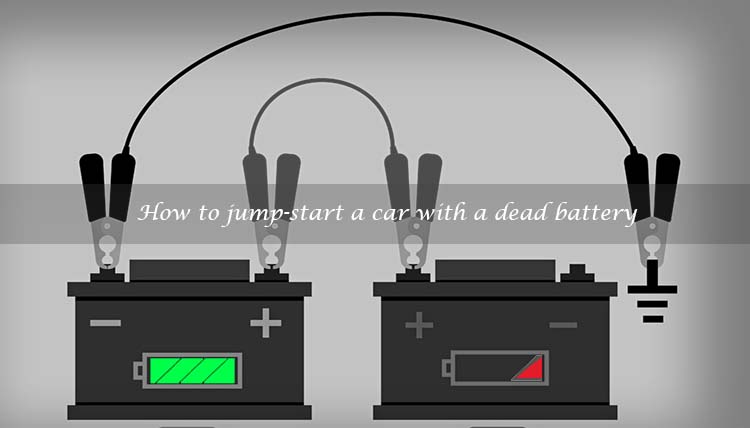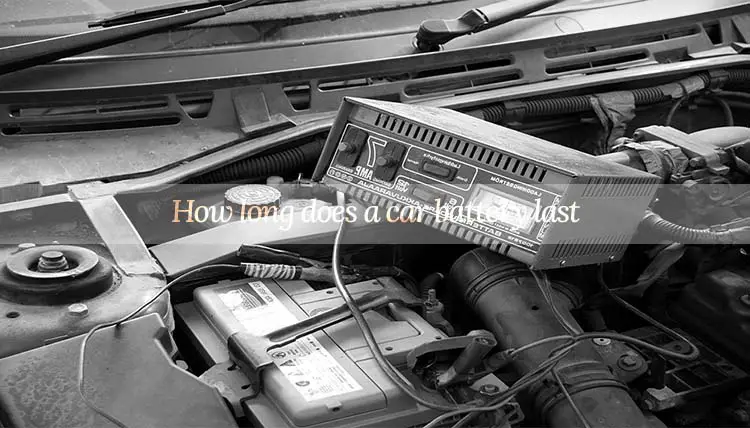Welcome to the electrifying world of automobiles, where innovation propels us into a future of sustainable mobility. As electric cars surge in popularity, questions naturally arise about the powerhouse behind these eco-friendly rides. One pressing query echoes: Are there specific batteries for electric cars?
Delving beyond the surface, we uncover the intricate landscape of battery technologies fueling these vehicles. From the widely adopted lithium-ion batteries to the promising realm of solid-state innovation, each plays a unique role.

Types of Batteries Used in Electric Cars
Electric cars are driven by diverse battery technologies, each with its own set of advantages and considerations. Understanding the distinctions is crucial for appreciating the evolution of electric vehicles.
Lithium-Ion Batteries:
Lithium-ion batteries stand as the stalwart choice in the realm of electric cars, and for good reason.
Dominance in the Field: Lithium-ion batteries have emerged as the frontrunners due to their optimal energy density, weight, and cost-effectiveness balance.
High Energy Density and Longevity: These batteries boast high energy density, meaning they can store significant energy in a relatively small and lightweight package. Lithium-ion batteries exhibit remarkable longevity, making them a reliable choice for powering electric vehicles over an extended lifespan.
Solid-State Batteries:
As technology advances, solid-state batteries are poised to revolutionize the electric car landscape.
Innovative Solid-State Technology: Solid-state batteries represent the cutting edge of battery technology, utilizing a solid electrolyte instead of the liquid or gel found in traditional lithium-ion batteries.
Advantages Over Traditional Batteries: The emergence of solid-state batteries brings several potential benefits, including increased energy density, faster charging times, enhanced safety, and longer lifespan. These factors could address some of the limitations associated with conventional lithium-ion batteries.
Other Battery Technologies:
Beyond lithium-ion and solid-state, the automotive industry explores various alternative battery technologies.
Brief Overview: Other contenders in the electric car battery arena include nickel-metal hydride (NiMH) and lithium-polymer batteries. While not as prevalent as lithium-ion, these alternatives are still worthy of consideration.
Pros and Cons:
Nickel-Metal Hydride (NiMH): Offers good energy density and is environmentally friendlier, but tends to be heavier and less efficient.
Lithium-Polymer: Similar to lithium-ion but with potential advantages in terms of flexibility and packaging. However, they are not as common in electric vehicles.
Key Characteristics of Electric Car Batteries
Electric car batteries play a pivotal role in shaping the performance and practicality of electric vehicles. Understanding their key characteristics is essential for both enthusiasts and prospective buyers.
Energy Density:
Energy density is a crucial metric that defines the amount of energy a battery can store per unit of volume or weight.
- Definition and Significance: Energy density refers to the amount of energy stored in a battery relative to its size or weight. In the context of electric cars, higher energy density translates to more extended driving ranges and improved overall performance.
- Impact on Range and Performance: Electric cars with high energy density batteries can cover more miles on a single charge. This characteristic directly influences the range of the vehicle, making it a critical factor in enhancing the practicality and appeal of electric transportation.
Charging Speed:
The speed at which electric car batteries can be charged is a crucial aspect that influences the convenience and adoption of electric vehicles.
- Importance of Fast-Charging: Fast-charging capabilities are paramount for the widespread acceptance of electric cars. This feature allows drivers to recharge their vehicles quickly, reducing the downtime associated with charging.
- Advancements in Charging Technology: Ongoing advancements in charging technology, such as high-power chargers and improved charging protocols, contribute to faster charging times. Rapid progress in this area addresses one of the primary concerns of potential electric car owners, making them more accessible and practical for everyday use.
Longevity and Sustainability:
Examining electric car batteries’ lifespan and environmental impact is crucial for assessing their overall sustainability.
- Lifespan of Electric Car Batteries: Electric car batteries have a finite lifespan, typically measured in charge cycles. Understanding and communicating the expected lifespan helps users plan for potential replacements.
- Efforts in Sustainability and Recyclability: Manufacturers are actively engaged in research and development to enhance the sustainability of electric car batteries. This includes efforts to improve recyclability, reduce the use of rare materials, and find eco-friendly disposal methods, contributing to a more sustainable lifecycle for these crucial components.
Customization and Compatibility in Electric Car Batteries
As electric vehicles become a mainstream choice, the landscape of batteries undergoes customization and upgrades. Understanding the nuances of customization and compatibility is crucial for manufacturers and consumers.
Manufacturer-Specific Batteries:
Electric car manufacturers often opt for proprietary battery designs, contributing to a unique identity for each brand.
Diverse Designs: Different manufacturers employ varied battery designs, ranging from the arrangement of cells to the overall architecture. These distinctions arise from proprietary research and development, shaping the performance and characteristics of each electric vehicle.
Impact on Compatibility and Maintenance: The uniqueness of manufacturer-specific batteries can pose challenges in terms of compatibility and maintenance. Replacement parts may be exclusive to specific brands, potentially affecting repair options and costs. Consumers need to consider this aspect when choosing an electric vehicle, considering long-term maintenance considerations.
Upgradability:
The potential for upgrading electric car batteries introduces a dynamic element to the ownership experience.
Exploring Upgrading Possibilities: As battery technology advances, some electric car models may offer options for battery upgrades. This could involve installing a more advanced battery pack with improved energy density, range, or charging capabilities.
Implications for Long-Term Ownership: The prospect of upgrading batteries enhances the longevity and relevance of electric cars. Owners can extend their vehicles’ life by adopting the latest battery technologies, keeping their electric cars competitive in terms of performance and range. However, factors such as cost and the availability of compatible upgrades need to be considered.
The Future of Electric Car Batteries
As technology progresses, the trajectory of electric car batteries holds exciting promises in terms of performance and environmental sustainability.
Innovations in Battery Technology:
Ongoing research and innovations continue to shape the landscape of electric car batteries, pushing the boundaries of efficiency and capability.
Advancements in Materials: Cutting-edge research explores alternative materials for battery components to enhance energy density and longevity. Materials such as silicon for anodes and solid electrolytes represent areas of active investigation.
Solid-State Breakthroughs: The development of solid-state batteries remains a focal point. If successfully implemented, these batteries could offer safety, energy density, and charging speed advantages, revolutionizing the electric car industry.
Beyond Lithium-Ion: Researchers are exploring post-lithium-ion technologies, including lithium-sulfur and lithium-air batteries. These alternatives aim to overcome the limitations of current batteries, potentially offering higher energy densities and reduced environmental impact.
Environmental Impact:
While electric cars contribute to a greener future, addressing the environmental impact of their batteries remains a critical concern.
Sustainable Materials and Recycling: Efforts are underway to make electric car batteries more environmentally friendly. Manufacturers are exploring sustainable materials, and advancements in recycling processes aim to minimize the ecological footprint of battery production and disposal.
Reducing Dependency on Rare Materials: Innovations focus on reducing reliance on rare and environmentally sensitive materials, such as cobalt and nickel. This addresses concerns related to resource scarcity and promotes ethical and sustainable practices in battery production.
Circular Economy Initiatives: The concept of a circular economy is gaining traction, emphasizing the reuse and recycling of battery components. This approach aims to create a closed-loop system, minimizing waste and maximizing the lifespan of materials used in electric car batteries.
Conclusion
From the dominance of lithium-ion to the emergence of solid-state technology, each innovation propels us toward a sustainable automotive future. Exploring key characteristics, customization nuances, and glimpses into the future underscores the rapid evolution of electric car batteries. As we embrace these advancements, it’s clear that the road ahead is not just electric—it’s charged with endless possibilities for cleaner, efficient, and eco-conscious transportation. Join the revolution to drive the future!
You may also like:



